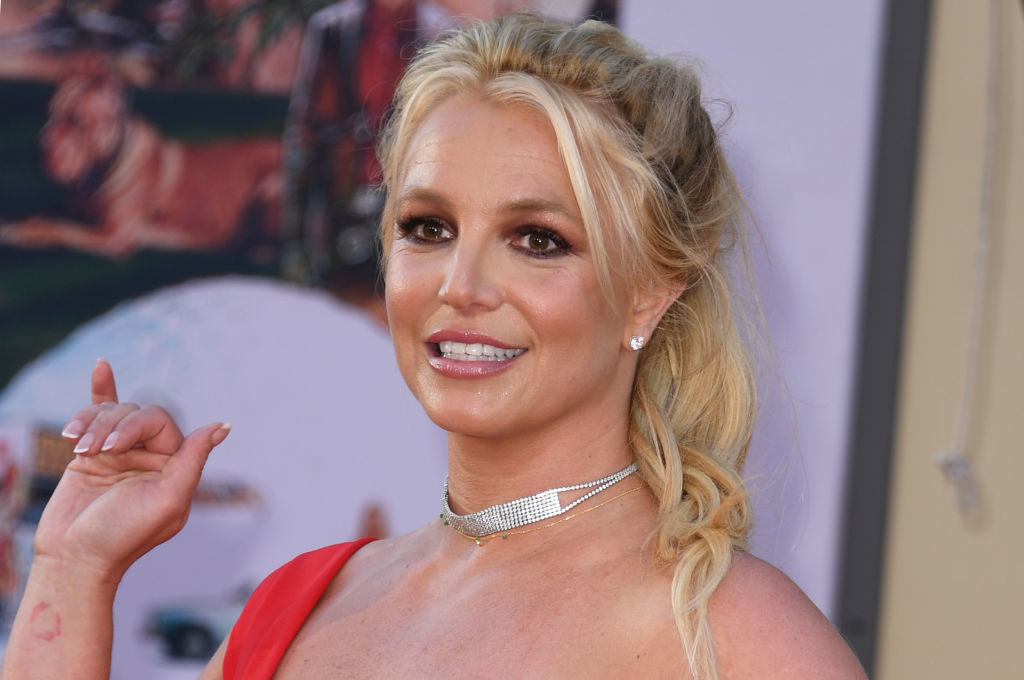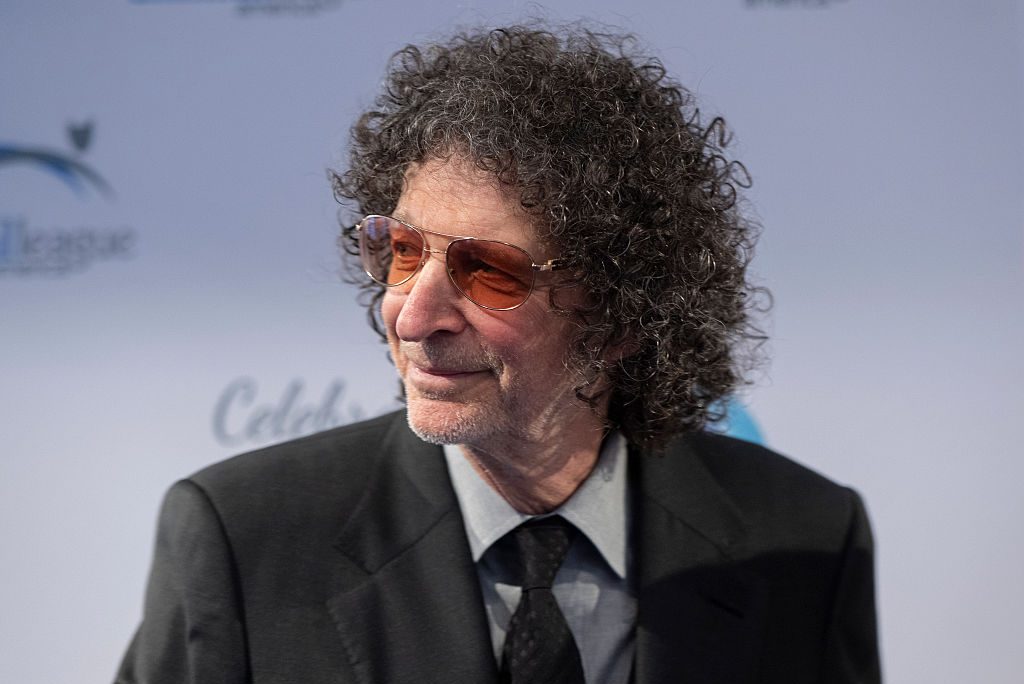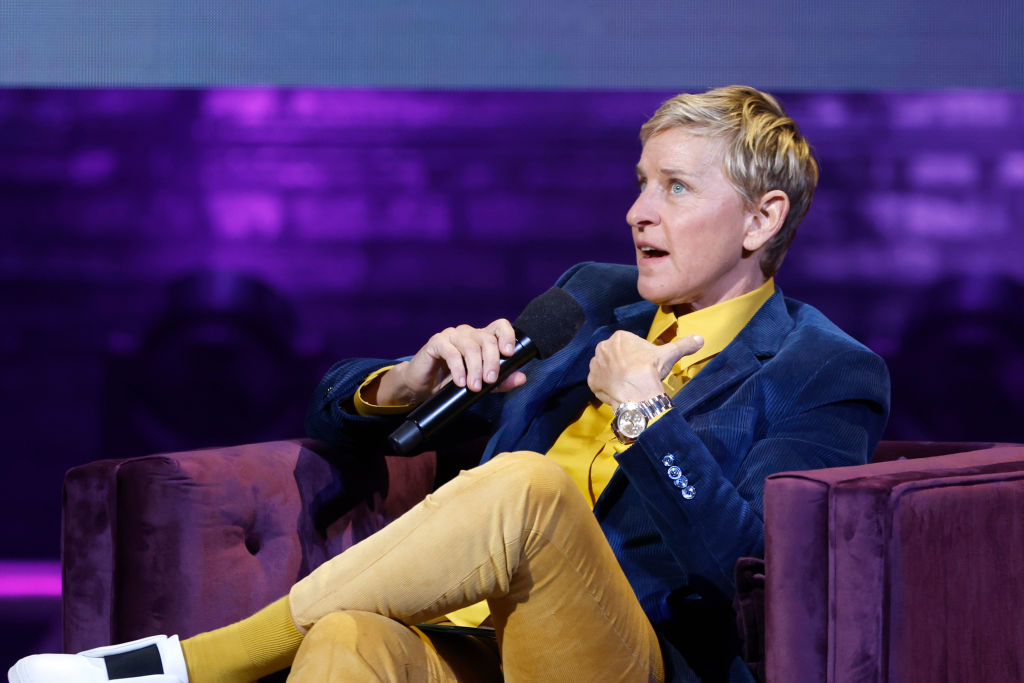After thirteen years, the queen of pop is free. Britney Spears is liberated from a court-ordered conservatorship that gave her father immense control over her personal life and finances. This is a victory for Spears, for the fans who have campaigned for her — and for other, less famous Americans who are trapped in conservatorships.
Spears recently requested a court remove her father, Jamie, as conservator, testifying in March that the conservatorship was “abusive” and that she was “depressed” by the lack of power she had over her own life. The court ruled to remove Jamie in September and dissolved the conservatorship in full on Friday.
For Britney’s fans, the ruling couldn’t have come soon enough. She was placed under her father’s care in 2008 after a public deterioration that included her impulsively shaving her head and attacking a paparazzo’s car with an umbrella. It seemed reasonable at the time that Britney would need some outside supervision due to the state of her mental health, but years later Britney was successfully performing at sold-out concerts at a Las Vegas residency, judging on the US version of The X Factor and helping take care of her two sons. Fans started to question why this seemingly capable adult woman was not allowed to make her own decisions, financial or otherwise.
The #FreeBritney movement showed the immense power in grassroots organizing. What started as a small group of fans posting online and holding rallies about the injustice of Britney’s conservatorship led to a New York Times documentary and widespread media pressure on the courts to free the singer. A similar phenomenon happened in Virginia, where legions of parents protesting local school boards became a national issue and helped a Republican gubernatorial candidate win in a blue state.
The protests also showed that some good can come from celebrity “stan” culture. While rabid fans often engage in a litany of awful behaviors, such as harassing and bullying detractors on the internet (I was once the target of Lady Gaga’s satanic army on Twitter), stalking, or generally becoming unhealthily obsessed with a celebrity, Britney’s fans used their appreciation for the singer and their ability to organize for good.
Britney may have had legal success on her own, but the public pressure campaign seemed to speed up the process and make it almost inevitable that Britney would eventually be free of her conservatorship. It was a breath of fresh air from an aspect of celebrity culture that usually trends toxic, especially considering that culture is at least partially to blame for the aggressive paparazzi and tabloid coverage that stoked Britney’s 2007 breakdown.
Finally, Britney’s saga exposed the general horror of court-ordered conservatorships. The documentaries about Britney’s case revealed that it’s incredibly rare that a conservatee successfully petitions for removal. If someone is truly unwell enough that they cannot control their own finances, the humane goal should be that the conservatorship no longer become necessary. Instead, conservatorships give so much power to the conservator that there is little incentive for them to ever allow their subject to be free. Hopefully Britney’s case inspires reform in the system so that other Americans are not subjugated in the same unjust way.
In the meantime, I hope that Britney enjoys her engagement and gets to spend a lot more time with her two sons. She has already posted on her Instagram — which fans once scoured for what they believed were secret messages begging for freedom — that she is so happy to be out from under her conservatorship. Britney is free!

























